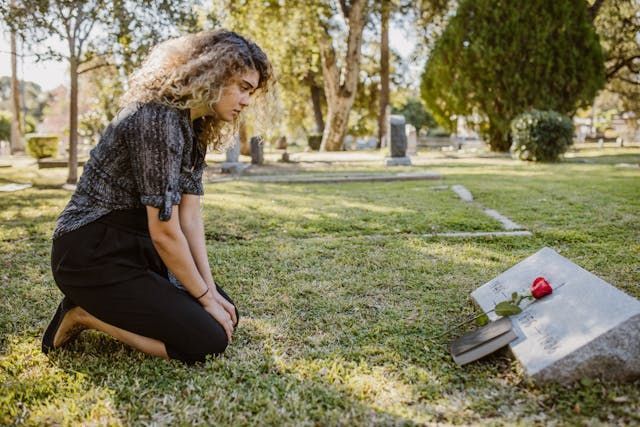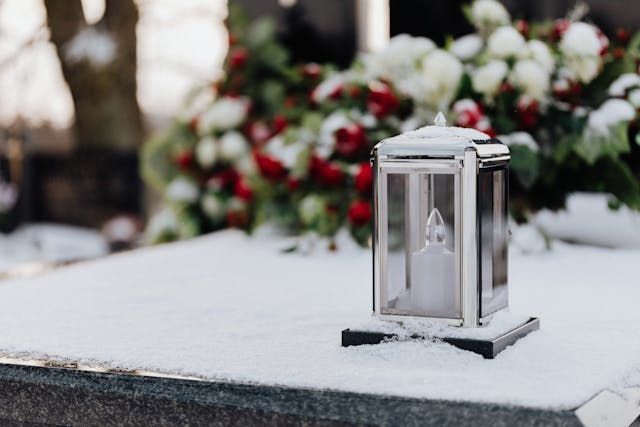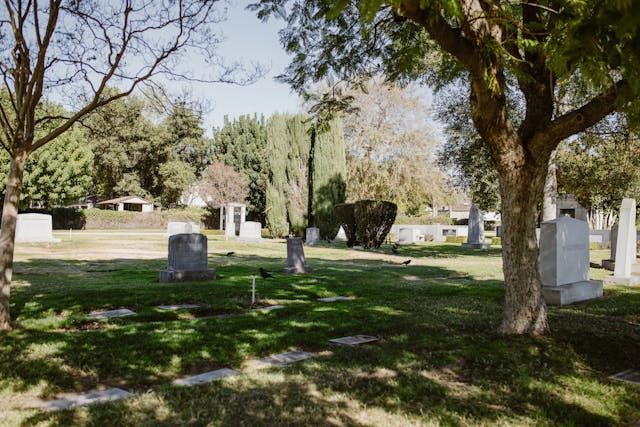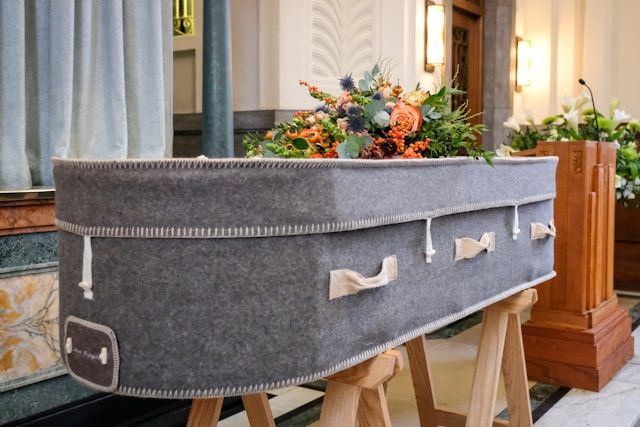What You Don’t Know About a Funeral Home
Our ideas about funeral homes have largely been shaped by literature and the media. While some aspects of this perception may be correct, much of what we think we know about funeral homes is not.
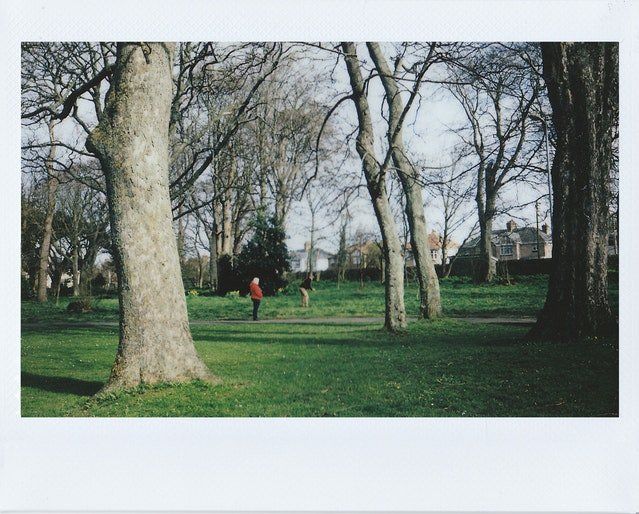
You may think you know everything there is to know about a funeral home in Roanoke, VA, but you may not be aware that much of concept of what funeral homes are, what they do, and how families of deceased loved ones and even the deceased themselves are treated and handled are based on fiction.
Fiction draws on real life, but fiction is not true. Truths get embellished for the sake of plot and they, in the process, especially with very popular fiction, take the place of the truth because we read, see, or hear them so many times.
Funeral homes, funeral staff, and funerals themselves are replete throughout literature and the media, so that can have a very significant impact on our perceptions of these things, but we can also develop some fantastical ideas about them as well.
One example is the HBO critically-acclaimed series Six Feet Under. The setting is a family funeral business and the series details the family’s daily lives, inside the funeral home and outside the funeral home. It’s a wonderful series, and there is a lot of truth in it, but there is also a lot of fiction. For example, dead people don’t come back and they don’t talk to the funeral home staff in the process of being prepared for their funerals.
Let’s bring you up to date about what really goes in funeral homes. To do this, we have to start with some funeral home terms that you may use, but that are actually no longer used in the funeral business.
Two terms, mortician and undertaker, are original to the funeral business before there was a funeral home industry. Both were very specific – at the time – to the process of burying people. As the funeral industry developed during the 19th century, either of these terms was used to refer to the funeral director.
However, both undertaker and mortician conjure up a grim imagery of death, ignoring the fact that funeral directors spend as much, if not more, time counseling and supporting the living – the families of those who have died.
In the early 20th century, the funeral industry worked diligently to incorporate funeral director into the funeral business to reflect the reality of the all-encompassing work that funeral directors do.
That all-encompassing work? It’s hard, often requiring long hours and being on call 24/7, because all people don’t die during normal business hours. So, funeral directors work very hard to make everything right – not only for your loved one who has died, but also for you and your family as you plan their funerals and you deal with the grief of loss.
Funeral directors have many resources throughout the community so that they can meet every need that you may have before, during, and after the funeral. If you find yourself in need of grief counseling, your funeral director will be able to guide you to resources that specialize in handling grief. If you want music played or sung at your loved one’s funeral, your funeral director will have access to proficient musicians to fulfill your request.
Funeral directors sacrifice a lot of their own time to be there in every way possible for you and your family in your time of need. That’s not just their job, but it’s also their calling.
If you’re loved one is being embalmed (most people who are having traditional burials are), you can trust that the person doing the embalming is a trained professional who has extensive education and experience in making sure that your loved one is handled with utmost care and dignity throughout the embalming process.
For additional information about the services provided at a funeral home in Roanoke, VA, our caring and knowledgeable staff at Conner-Bowman Funeral Home & Crematory can assist you.


